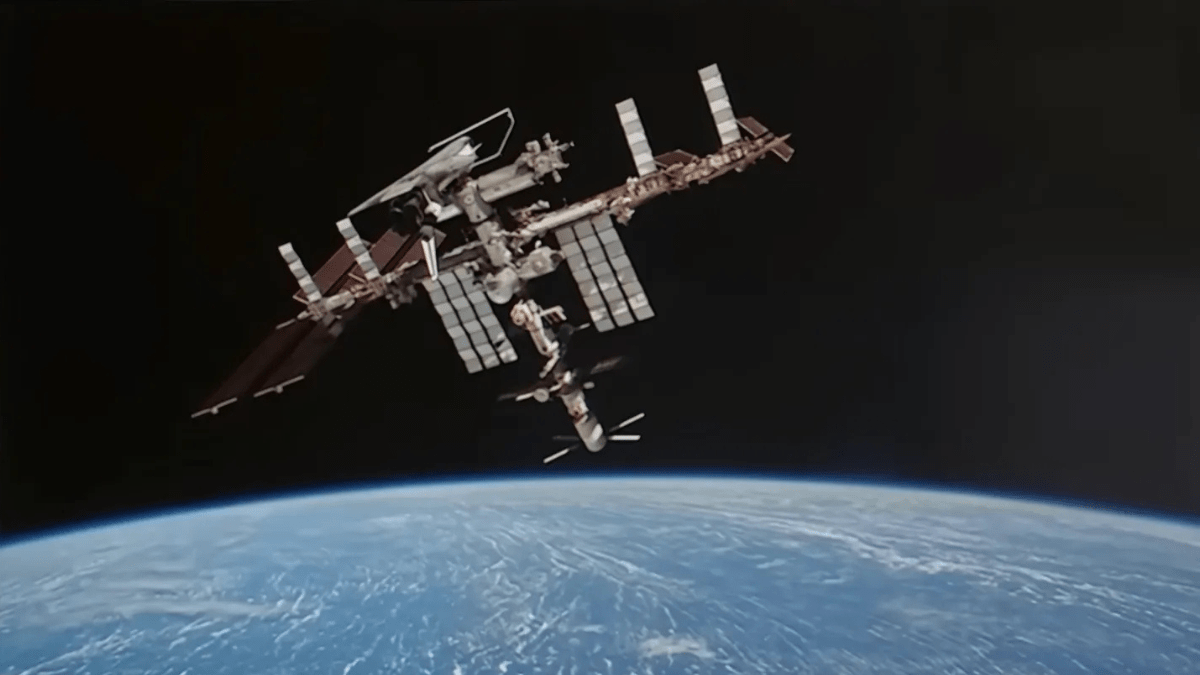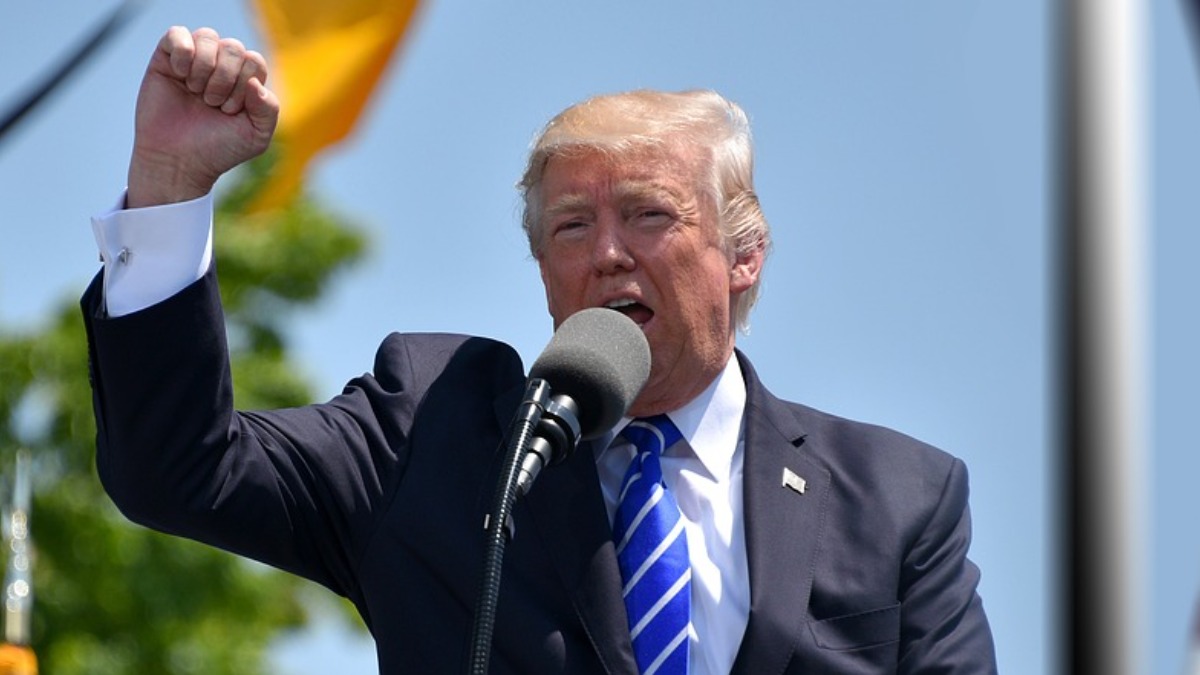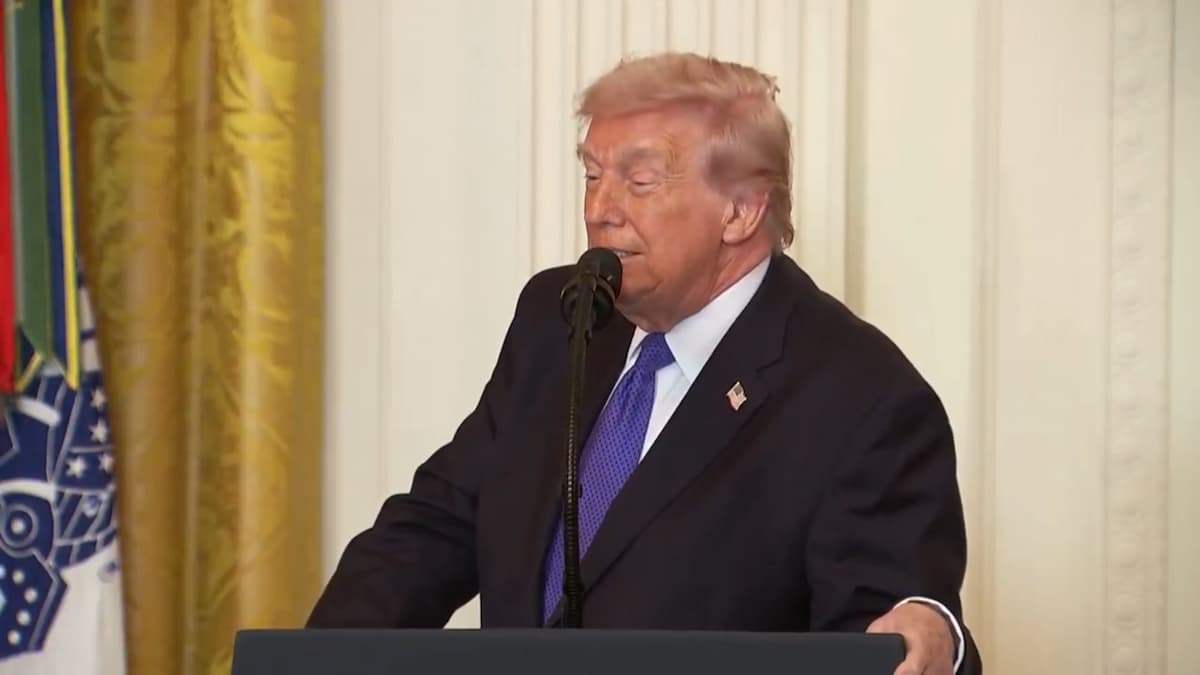A Boeing-manufactured satellite violently disintegrated in space this weekend, leaving thousands without communication services across three continents and adding to the aerospace giant’s mounting troubles.
The Intelsat 33e satellite, launched in 2016, experienced what operators initially called “an anomaly” on Saturday before completely breaking apart on Monday. The U.S. Space Force is currently tracking approximately 20 pieces of debris, while Russian space agency Roscosmos reports identifying over 80 fragments from the explosion.
“We are coordinating with the satellite manufacturer, Boeing, and government agencies to analyse data and observations,” Intelsat stated in a release. Boeing has yet to comment on the incident. The satellite’s destruction has severely impacted communications services across Europe, Africa, and parts of Asia-Pacific. Intelsat has announced they’re working with third-party providers to minimize service disruptions while conducting a “comprehensive analysis” of the failure.
The losses for Boeing just keep on coming
This orbital catastrophe is just another unfortunate event ontop of a pile of disasters for Boeing, which is already grappling with multiple crises across its divisions. Most notably, two NASA astronauts remain stranded aboard the International Space Station after their Boeing Starliner spacecraft was deemed unsuitable for return travel. The astronauts, Sunita Williams and Butch Wilmore, launched on June 14 and are now scheduled to return via a SpaceX vehicle in early 2025.
But, as we all know, the company’s struggles extend far beyond the cosmos. Since Jan, 2024, Boeing aircrafts have experienced a series of concerning incidents, including everything from a literal door plug flying off mid-flight on an Alaska Airlines 737 Max 9, multiple instances of falling parts, and technical malfunctions that led to emergency landings.
Adding to Boeing’s troubles, the company is currently weathering a massive labor dispute, with over 30,000 workers on strike from its commercial airplane manufacturing division. The proposed resolution includes a 35% pay increase over four years, but the situation remains unresolved.
And don’t even get me started on the financial impact of all these compounding issues. Boeing recently announced plans to seek up to $35 billion in new funding and will lay off approximately 17,000 employees – roughly 10% of its workforce – beginning in November. The company reported a staggering third-quarter loss exceeding $6 billion.
These challenges follow a controversial period for Boeing’s safety culture. The recent deaths of two whistleblowers who had raised concerns about the company’s manufacturing practices have drawn significant attention. While investigations concluded that one death was a suicide, the timing and circumstances have led to continued speculation within the industry.
The satellite explosion has raised additional concerns about space debris. The European Space Agency estimates there are currently over 40,000 pieces of debris larger than 10 centimeters orbiting Earth, along with more than 130 million smaller fragments. As touched upon earlier, this satellite malfunction also likely generated multiple pieces too small for ground tracking facilities to detect, potentially posing risks to other spacecrafts.
Boeing’s newly-installed CEO Kelly Ortberg faces the daunting task of addressing these multiplying challenges. With the aerospace giant’s reputation and financial stability hanging in the balance, the satellite explosion serves as yet another example of the crucial importance of quality control but also worryingly demonstrates the types of consequences that arise when companies become too big to fail.















Published: Oct 24, 2024 02:19 pm